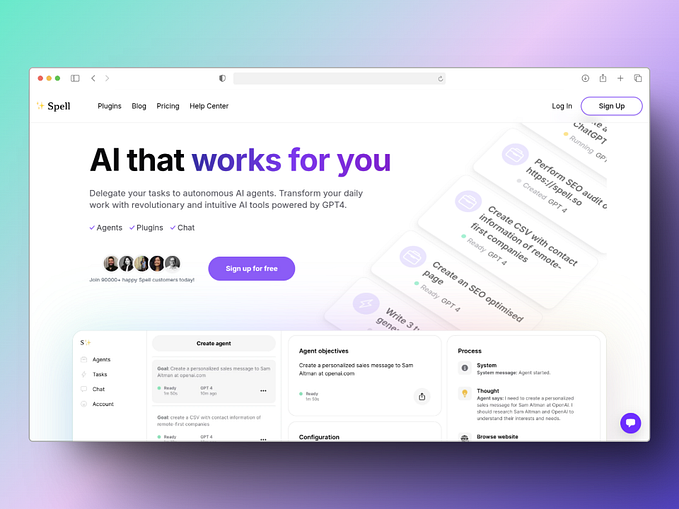Dr. Allen Cherer on How AI Is Impacting Neonatal Care

Neonatal care is one of the most delicate and demanding fields in medicine. It involves looking after the tiniest and most vulnerable patients: newborns who need special medical attention. In recent years, artificial intelligence (AI) has started to make a significant impact on neonatal care, offering new ways to support these fragile lives. Let’s explore how AI is changing the game for neonatal care, making it easier for healthcare professionals to provide the best care possible.
Early Detection and Diagnosis
One of the most critical aspects of neonatal care is the early detection of health issues. Newborns can’t tell us what’s wrong, so doctors rely on various tests and observations to diagnose problems. AI can help by analyzing data from these tests more quickly and accurately. For example, AI can examine vital signs, such as heart rate and oxygen levels, to identify potential issues before they become serious. This early detection can be lifesaving, allowing doctors to intervene sooner and improve outcomes for newborns.
Predictive Analytics
AI’s ability to predict future health issues is another area where it’s making a difference. By studying patterns in large amounts of data, AI can predict which babies are at risk for certain conditions, such as infections or respiratory problems. This allows healthcare teams to take preventive measures and closely monitor at-risk infants, potentially avoiding complications altogether. Predictive analytics give doctors a head start in providing the right care at the right time.
Personalized Treatment Plans
Every baby is unique, and so are their medical needs. AI can help create personalized treatment plans by analyzing a newborn’s specific data. This includes their medical history, genetic information, and responses to previous treatments. With this detailed analysis, AI can suggest the most effective treatments and adjustments, ensuring that each baby receives care tailored to their unique needs. Personalized care leads to better outcomes and a higher chance of recovery.
Monitoring and Support
Newborns in neonatal intensive care units (NICUs) require constant monitoring. AI can assist by continuously analyzing data from various monitors and devices, alerting medical staff to any abnormalities. This real-time monitoring helps ensure that any changes in a baby’s condition are detected immediately, allowing for quick responses. Additionally, AI can help manage the workload of healthcare providers by automating routine tasks, giving them more time to focus on direct patient care.
Reducing Human Error
Human error is always a risk in any medical setting, but the stakes are even higher in neonatal care. AI can help reduce these risks by providing decision support. For instance, AI algorithms can double-check medication dosages and treatment plans, reducing the chance of mistakes. By acting as an extra layer of scrutiny, AI helps ensure that newborns receive safe and accurate care.
Supporting Research and Innovation
Finally, AI is fueling research and innovation in neonatal care. By analyzing large datasets, AI can uncover new insights into neonatal health, leading to the development of new treatments and interventions. Researchers can use AI to identify trends and correlations that might not be apparent through traditional research methods. This continuous cycle of learning and improvement benefits not only the current generation of newborns but also future ones.
In conclusion, AI is revolutionizing neonatal care in many ways, from early detection and personalized treatment to real-time monitoring and research support. By integrating AI into neonatal care, we are opening up new possibilities for saving and improving the lives of our most vulnerable patients. As AI technology continues to advance, we can expect even more breakthroughs that will further enhance the care and outcomes for newborns.
Learn more about him here!








